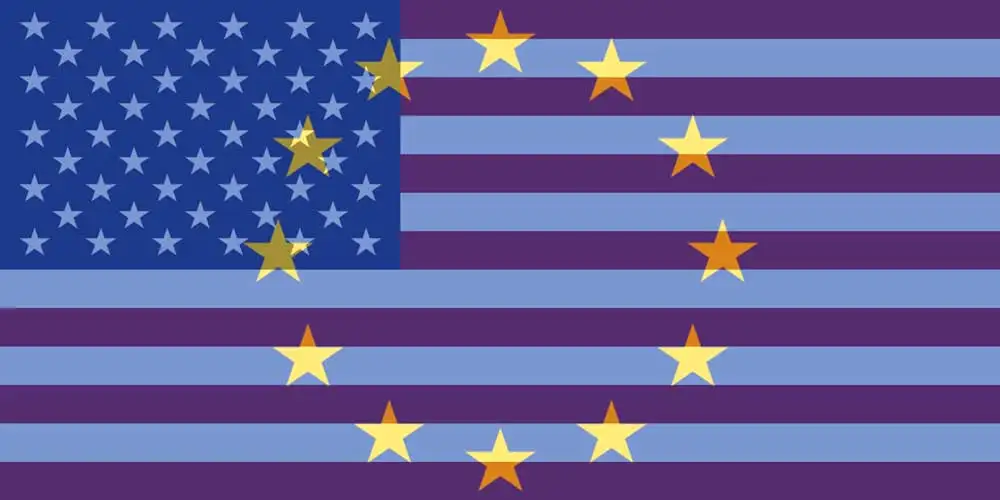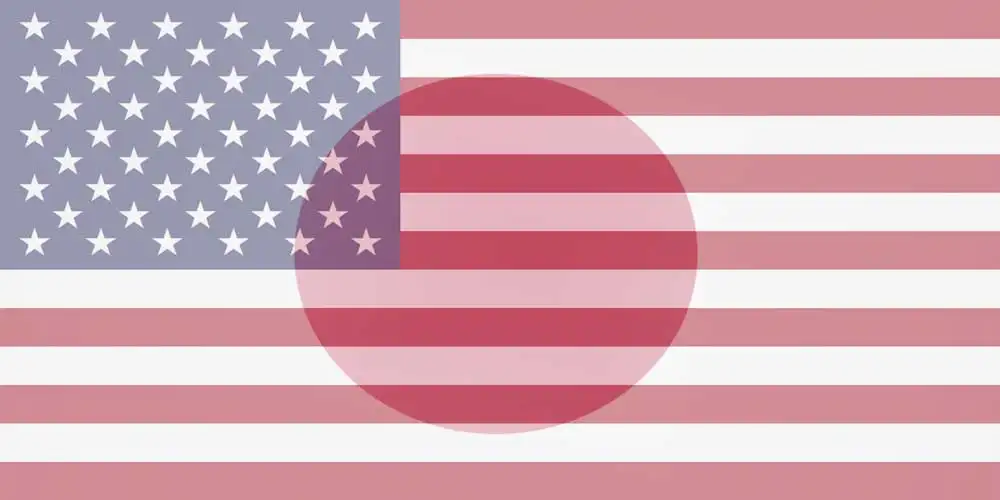Receiving an international wire transfer at Wells Fargo
Wells Fargo has several bank codes that may be used for receiving foreign wire transfers, depending on the currency and location of the sending bank. Here are some of the most common codes used for Wells Fargo:
SWIFT Code: WFBIUS6S: This code is used for receiving wire transfers in U.S. dollars from foreign banks.
ABA Routing Number: 121000248: This code is used for receiving wire transfers in U.S. dollars from banks located within the United States.
CHIPS UID: 0509: This code is used for receiving wire transfers in U.S. dollars from foreign banks that are members of the Clearing House Interbank Payments System (CHIPS).
Fedwire ABA Routing Number: 121000248: This code is used for receiving wire transfers in U.S. dollars from banks located outside of the United States.
It's important to note that specific bank codes may vary depending on the currency and location of the sending bank, and it's recommended to confirm the correct codes with Wells Fargo before initiating a wire transfer. Additionally, Wells Fargo may charge fees for receiving wire transfers, so it's important to check the current fees and policies before initiating a transaction.
Wells Fargo credit card FX fees
Wells Fargo offers several credit cards with different foreign transaction fees. Here are some examples:
Wells Fargo Propel American Express Card: This card charges no foreign transaction fees, making it a good option for travelers who frequently make purchases in foreign currencies.
Wells Fargo Visa Signature Card: Similar to the Propel American Express Card, this card also does not charge foreign transaction fees.
Wells Fargo Cash Wise Visa Card: This card charges a foreign transaction fee of 3% of each transaction in U.S. dollars.
Wells Fargo Platinum Card: Similar to the Cash Wise Visa Card, this card also charges a foreign transaction fee of 3% of each transaction in U.S. dollars.
It's important to note that credit card terms and conditions can change, so it's always a good idea to check the current fees and policies before applying for or using a credit card for foreign transactions.
If you wish to save on exchange rates and foreign ATM fees then you should consider the  Wise multi-currency card.
Wise multi-currency card.
Everyday Costs in in Morocco
How much does it really cost to live, work, or travel in ? Here's what to expect for daily expenses and expat living.
Currency Guide for Morocco (ISO Code: MA)
When planning a one-week mid-range stay in Morocco, a traveler should budget approximately 10,000 to 15,000 MAD (Moroccan dirhams), which equates to about $1,000 to $1,500 USD depending on the current exchange rate. Daily expenses can vary significantly, but a typical budget might look like this: 🍽️ A meal at a local restaurant can cost around 80-120 MAD; ☕ A coffee in a café is generally about 10-25 MAD; 🚌 Public transport fares range from 7-15 MAD; 📱 A prepaid SIM card might set you back about 50-200 MAD; and 🏨 Accommodation in a budget hotel or Airbnb can be about 300-700 MAD per night. Overall, Morocco is considered an affordable destination for travelers, especially compared to the United States, where similar mid-range trips can be up to 50% more expensive. When compared to Australia, travelers will find Morocco significantly cheaper, with costs approximately 30-40% lower.
Living in Morocco as an Expat
For expats living in Morocco, the typical monthly expenses can range from 8,000 to 15,000 MAD, depending on lifestyle and location. This estimate covers essentials like rent, groceries, utilities, and transportation. It’s crucial to have a solid understanding of banking options; most banks allow for ATM withdrawals if you have an international card, but transaction fees may apply. Using credit cards is widely accepted, especially in urban areas, but cash is essential for smaller vendors and markets. When it comes to exchanging money, locals often find it more beneficial to use online transfer services like Wise or OFX for sending and receiving money, as they generally offer better exchange rates and lower fees than local currency exchanges. Overall, ensuring you have a mix of cash for everyday purchases and a reliable digital method for larger transactions can help manage finances while living in Morocco.


